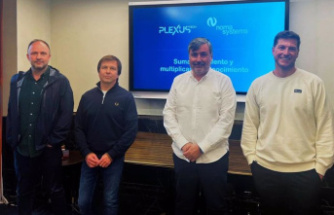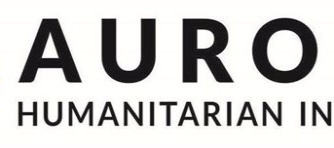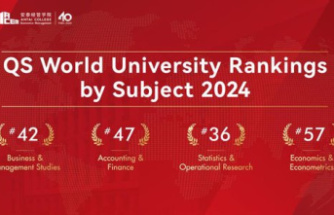Facebook, Twitter and YouTube have deleted more posts on ir own initiative last year than before. This is result of an investigation by European Commission. Thus, three social networks removed about 70 percent of all objectionable content on basis of ir voluntary commitment. In May last year, this rate was 59 percent, which meant an increase of 28 percentage points compared to end of 2016.
According to current figures, most complaints refer to propaganda against certain sections of population, Muslims, migrants and homosexuals. Most of content was reported on Facebook.
The EU Commission evaluates number of extinguishing figures as a success in fight against hate comments on internet. A good one and a half years ago, she agreed on a so-called code of Conduct toger with Facebook, Twitter, Microsoft and YouTube. The rules oblige companies to examine majority of valid reports of illegal hate comments in less than 24 hours and remove m if necessary. The Commission shall regularly review wher and how agreement is being implemented.
EU Justice Commissioner Věra Jourová said that code of conduct had proved to be an "effective and reliable instrument". "The latest results show us clearly that voluntary commitment currently works very well when it comes to hatred on net."
The figures for current investigation refer to year 2017 and refore do not say anything about how Network Enforcement Act (NetzDG) adopted in Germany affects extinguishing behaviour of social networks. The NetzDG is valid since January of this year. The EU sees law as critical. The authority fears that or EU countries could adopt similar laws and thus existed at same time different national regulations. As a result, Commission argues that re is a risk that individual governments could restrict freedom of expression with such laws.
Federal government wants to check NetzDGThe NetzDG is also controversial in Germany, which was launched by executive Justizminister Heiko Maas (SPD). Lastly, federal government said he wanted to evaluate law "very precisely".
The law obliges Facebook and or social networks to remove or block "obviously illegal content" within 24 hours of receiving a complaint. For non-obvious illegal contents, time limit is seven days. In case of violations, companies are threatened with fines of millions of dollars.
Critics fear that regulation could cause social networks to censor content in a hurry to avoid fines. It is also argued that courts and non-private companies should decide on cases of legal doubt. Proponents of NetzDG, on or hand, argue that internet should not become a legal space and that companies must refore be forced to comply with national laws.
Date Of Update: 20 January 2018, 12:03












